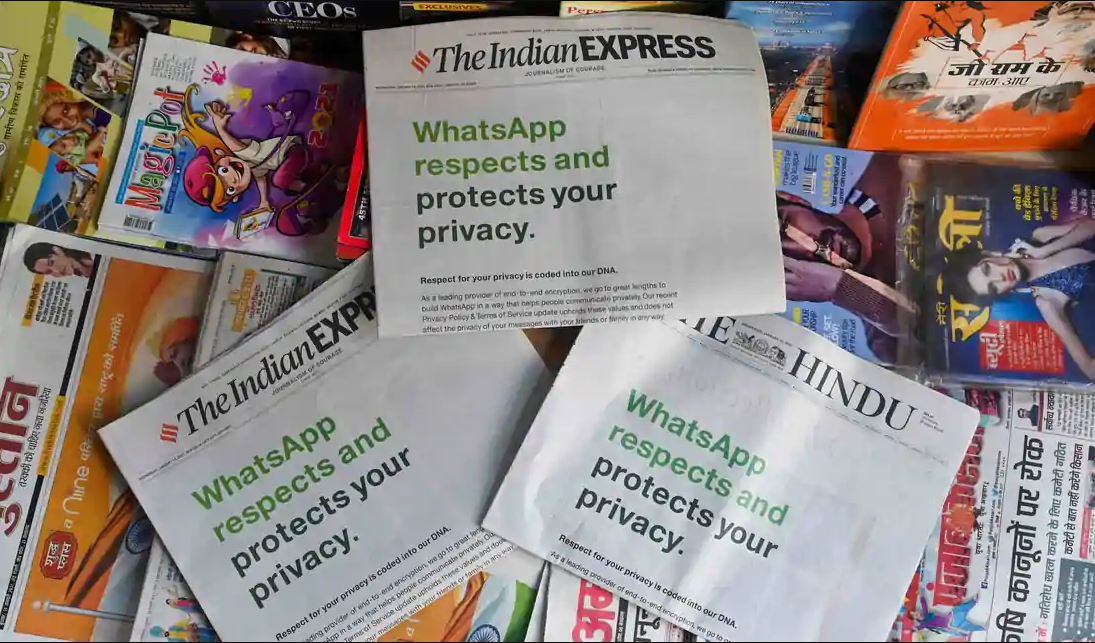In the 1980s, when the global internet emerged, it was a network of decentralised computers in different universities across countries. By the 1990s, with Tim Berner Lee’s World Wide Web, any node across this network, could access any information. As storage capacity and data access speeds increased, this was quickly taken over mostly US-based companies, offering free products to users.
When social networks first began more than 20 years ago, there was a sense of freedom. Everyone with global internet access and who could communicate in global Internet languages, anywhere in the world, could get online and share their stories on Facebook and Twitter, interact and voice their lived experiences. The Arab Spring protests in the 2010s was celebrated as the high point of this new online, seamless freedom.
(First published as a column in Mint Lounge, a business daily in India.)
Global Internet companies quickly advocated this idea of a global, frameless, free online space which had no visa requirement or restrictions, a truly democratic space to operate in. The idea that a company created to maximise profit for its shareholders can make a democratic system for interaction is in itself perhaps ludicrous. However, the soma of this dream was drunk by not only users but also by Silicon Valley investors and founders, who insisted they could change the world without ever leaving their little white echo chambers.
(Read part one of this column here.)
Our bubbled-lives in a fractured internet
In the last five years, the for-profit algorithms have played havoc with our political and personal lives. The world has seen tech giants taking more control, offering us convenience and constant communication, but also selective bubbles that disconnect us, restrain us in echo chambers of xenophobia, anger and fear, increasing our desire for walls and weapons.
We, as individuals, put our minds and energies into deriving social and political meaning through social platforms which are inherently commercial in nature. We conveniently forgot that the email we sent, or the video we made, was data bytes sent to a server, sitting in a geographical location, run on infrastructure facilitated and owned by a company whose sole aim was profit for its stakeholders.
The global internet, if it was ever alive, is now dead. Having experienced the downfall of the idea of the freedom that internet provides, citizens of the world now want the powers of the tech companies curtailed. However, privacy and power come to select people, as countries scramble for more rights for their own citizens.
As the pandemic brings borders back into fashion and citizens look inwards, the internet’s future, ruled by for-profit companies, will continue to be chopped up by regulators, governments and laws in order to curtail the power tech companies have begun to have on our lives. We now await our own piece of this online land-grabbing—the Personal Data Protection Bill, which still hangs in Parliamentary indecision.

